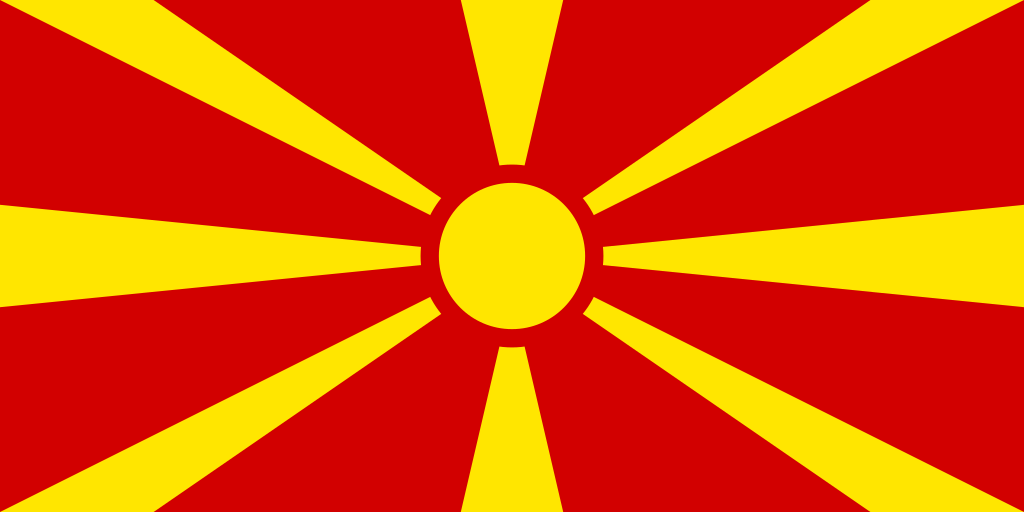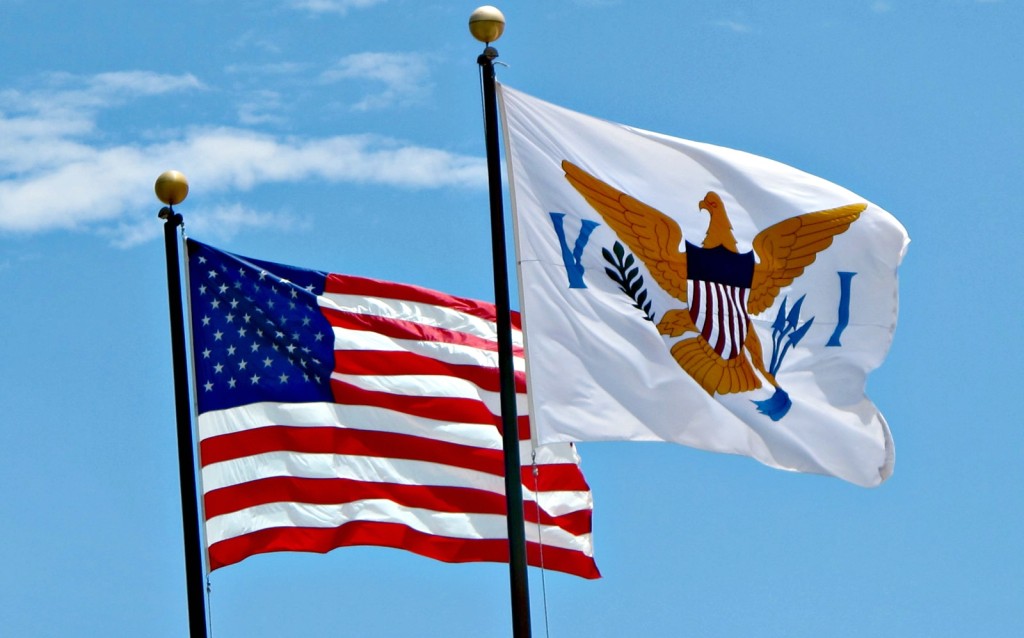Another thanks to CF Europe for the help with this week’s interview!
Lisbon, Portugal, 4-year-old girl living with cystic fibrosis (interview completed by parent)
- About how many people in your country have cystic fibrosis?
In Portugal, there are currently around 400 people with CF. - Do people in your country know what CF is?
I believe that the majority of people doesn’t know the disease. - When were you diagnosed? Why were you tested?
Our daughter was diagnosed at 1 month of age through neonatal screening. - Were you encouraged to be open about your CF? Do your friends and family know that you have CF?
We are open about the disease and we don’t see any reason to keep it a secret. It’s part of our life. It helps to have people around us that know what to do and to support us when needed. We are very proactive on raising awareness. - Does your insurance/healthcare cover costs? Does it fully cover all medications and treatments available to patients with CF? Does government provide your healthcare or is insurance offer privately?
All the available medications are fully covered by the healthcare system. - Do you have access to drug studies/trials? Do you have access to new medications?
We don´t have access to new medications, such as CFTR modulators. It is a major concern for the Portuguese CF community. We don´t have that much access to clinical trials and we are hoping we can be a recruitment site more often in the future. - Who is on your CF care team? (Doctors, nurses, etc.)
Doctors, nurses and nutritionists. Unfortunately, we don´t have any follow up by physiotherapists in our CF center – an obvious gap in the care of patients. - How far away is your CF clinic? Is there a difference between adult/child clinic/care for CF?
We live minutes away from our CF center. There are 5 CF centers in Portugal and every patient should be a couple of hours away from any center. Even patients living in the Portuguese islands have some follow up at the local hospital and they are a 2 hour flight from mainland centers if needed. - How often do you go to the doctor (non-emergency)? Is it easy to get an appointment? What do you do in case of emergency?
We have regular appointments every two months. It´s easy to get an extra appointment if needed and there´s always someone from the staff available and easy to reach. In case of emergency, we go to the ER and we contact someone from the center at the same time. - If you need IV antibiotics, can you do them at home or do you need to stay in the hospital?
Fortunately, we haven’t had any need for hospitalization so far so this is not something I´m familiar with. I believe that most patients do their IV antibiotics at the hospital. However, there has been a growing effort to amplify the domestic care and treatment in the country and, probably, the adult patients must have increased access to this option of treatment already. - Is the Vest a typical treatment option? What other treatments are common in your area? Which are not?
The vest is not a typical treatment in Portugal. There is a greater focus on physiotherapy and exercise for mucus clearance. - Are you encouraged to exercise? Specific?
Yes. It is a recurrent topic in every physiotherapy workshop our Patient Association promotes (trampoline, surfing, swimming, running, yoga and every posture-enhancing exercise). - What CF specific medications/therapies have been developed in your country? Does your country promote new drugs?
To my knowledge, there hasn´t been any specific CF medication developed in our country. We are an active organoid investigation site though. - What role does nutrition play in your CF care? Do you have a feeding tube? Do you have CFRD (diabetes)?
Nutrition is extremely important in our care and we have a regular appointment with the nutritionist every 2 months. Our kid does not have a feeding tube and hasn´t developed CFRD yet. - What do you wish could be better about your nation’s care for CF patients?
At the top of our priorities, the access to CFTR modulators and other innovative therapies! And, of course, a regular and effective follow up by a specialized physiotherapist in our CF center. Some centers do have this follow up. Not ours, despite our complaints. - What do you know about CF Lung Transplants?
I would say that they are lifesaving for many patients as the disease progresses and that many patients have benefited from them. I hope that they will be less of a reality in the upcoming years for most of the patients, as they have access to the new therapies. - Did you go to college/university or advance your education elsewhere (Or plan to go to college/university)? Were you encouraged?
Our daughter is still very young, but she has been in school since she was 3 years old and our team encouraged us to do so. - What is the National CF Foundation (if there is one)? Does this Foundation (if there is one) provide assistance in every day life and education? (example: scholarships, transplant aid, educational materials, etc.)
There are 2 CF associations in our country. Both provide aid when needed. The association from Lisbon, the one I know best, has a physiotherapy program for every pediatric patient that needs it, especially if they don´t have access to this care at their CF center. A schooling program for hospitalized kids has also been implemented and there´s a yearly conference and workshop development for literacy purposes and discussion of relevant topics. Both associations are important advocates for the access to medicines and raising awareness at a national and international level. - Is there anything else you would like to add? Is there anything specific or unique about CF care in your country compared to the rest of the world that you know of?
Just to thank [you for] the opportunity to share our experience and congratulate the work done by the CF Around the World [series] on sharing stories and practices and growing the CF community together.





